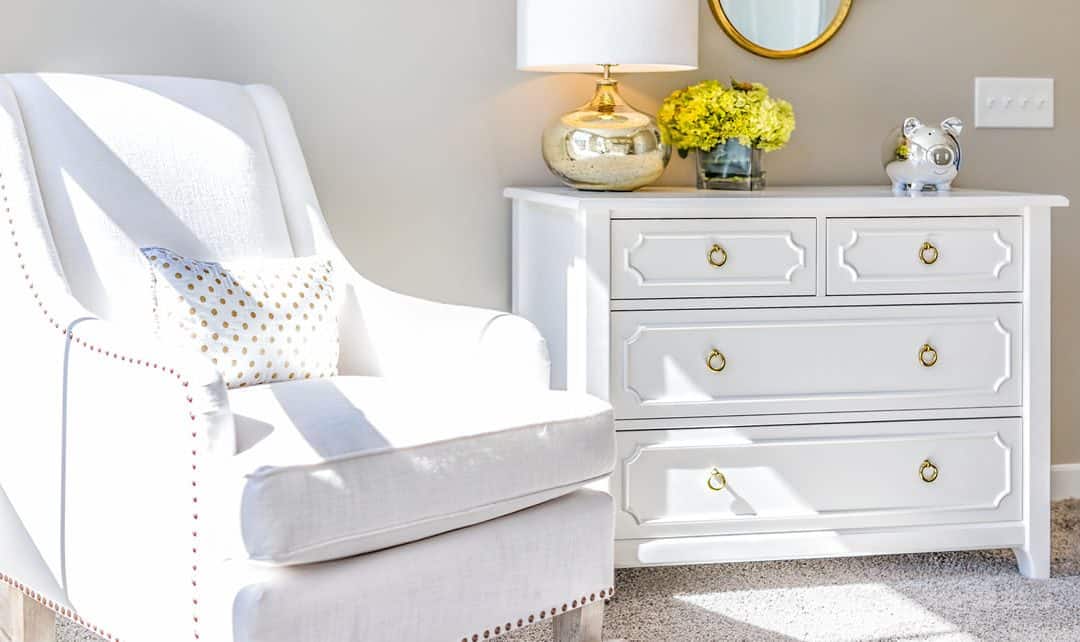In this continuing series of articles, which are abridged excerpts from my book, The Happy Agent, I offer a few specific tips that might make the difference between a quick sale and a better sale. Or in the case of a slower market, any sale at all. If you missed last month’s column, since it directly relates to the following, I recommend that you may want to read it here.
Before the guests arrive at your listing, your sellers should open all window blinds, drapes and interior room doors and turn on all lights – everywhere – even on a sunny day! To avoid stuffiness, let the light and air flow.
Unless the buyer is a cave dweller, not only does a bright and airy atmosphere make the home more welcoming, but it also means the agent doesn’t have to search for light switches, which allows them to focus on their buyers. If your seller agrees to vacate the house for an after-dark showing, it’s critical to turn on all lights – inside and out, including in the basement.
It’s unwelcoming, not to mention irritating and rude, to arrive at a dark doorway and have to open a lock-box to find the key, the keyhole and then stumble and fumble for light switches in an unfamiliar foyer. Ask your seller how they’d like to be greeted after dark at a stranger’s door. If they leave during daylight hours and an appointment is booked for after dark, remind them to turn them on before heading out. Or they can install a light timer or motion/light-detector.
With so much free online information available, it’s not always necessary to hire a professional home stager. However, if you or your clients have no fashion sense, it may be a good idea.
Scrutinize your new listing as would an objective, discriminating buyer. Ask yourself a few simple questions. Is the house over-furnished? Crowded? Is traffic flow inhibited in any way?
Minor staging can be done last minute, but properly preparing a house for agreeable viewing takes time, planning and maybe purging. Their home may need to be de-personalized, de-cluttered and de-junked. Or to beautify it, they may need to add or remove furniture and/or decor pieces. If possible, store excess furniture off premise. To dress the principal rooms, a stager may have a contact from whom they can rent needed furniture and décor. An uncrowded room, though, may appear larger and more inviting. Think minimal when it comes to decoration and ornamentation.
Stow away family photo collections, trophies, model airplane collections and the like. Clear out the clutter and organize the closets and cupboards. The strategic addition of fresh-cut flowers is a nice touch. And by all means, to avoid offending anyone, unless your listing is a hunting or fishing lodge, hide the stuffed marlin, bear skin rug and Rudolph’s head.
Snow country? Shovel, de-ice or sand the driveway, sidewalks and porch. You don’t want buyer prospects slipping and sliding away from your listing – or into a courtroom. Ensure the furnace programmable thermostat is not in off-set mode at a lower temperature. Few people enjoy a cold house. Ignite the gas fireplace or build a fire in the fireplace (provided they have safe equipment). Summertime humidity? Activate the air conditioning, but not at an excessively low temperature. Frost bite won’t endear the buyers to their home.
Without vacating and roping off the rooms or hermetically sealing in the kids and pets, having a house perfectly ready for showings is not easy. But while the house is on the market, it’s important for it to always be as close as possible to a state of readiness, necessitating only a quick tidy tour for last-minute details. Short notice happens, especially during evenings and weekends. And don’t miss a showing because that rejected appointment could be “The One”. It may be a lot of work, but your seller should be prepared to keep their property consistently clean and presentable at all times. By its very nature, last minute organizing must be accomplished in the last minute – oh, all right, 30 minutes.
If your seller prefers to remain in the house during viewings, beseech them to vacate before the prospect arrives, or greet them at the door and exit immediately. Invading someone’s privacy can be quite uncomfortable. Buyers may not linger or open cupboards and closets, which is an integral part of a thorough viewing, especially if the sellers are going about their normal routine, or worse, following visitors around the house. Hovering may also make your seller appear anxious or untrusting, not a nice message or good bargaining position. You want buyers to feel welcome, relaxed and stay awhile. As I continue to say, it’s not so much about what they think, but how they feel.
Vacating the house may result in a better offer since the buyer agent can address concerns, such as room size, technical deficiencies, furniture placement or sunlight direction that buyers might more freely disclose while still in the house. And it’s far easier to resolve contentious issues on site rather than in the car on the return trip to the office. If there’s moderate interest, the longer the showing lasts, the better the chance of developing an emotional attachment to it.
For whatever reason, if your seller is unable or unwilling to exile themselves from their domicile during showings, advise them to don a cloak of invisibility and stay out of the way. After they’ve completed all last minute preparations, including powering off noisy entertainment systems (except maybe soft music) and ensuring that no one is sleeping, eating or in the bathroom and the prospects have arrived, your sellers and their family must disappear. Direct them to remain in one room (or weather permitting, go outside) and then move to an already viewed room and remain there for the duration. With the exception of briefly and courteously answering specific questions, sellers should never ask questions or volunteer information. Warn them not to engage in lengthy conversations because not only might they accidentally offend the buyer, but they may also innocently divulge confidential information. Minimal chatter is usually better.
To improve market value, invite your sellers to participate in the marketing by transforming (and maintaining) their house into a professionally designed, decorated and furnished model home. Their extra effort will pay off. The buyers will appreciate the obvious pride of ownership as well as your seller’s efforts to make them feel welcome. Your listing will likely achieve a higher – and possibly sooner – sale price. And happy sellers refer their friends and family. Isn’t that what it’s all about?
“You may not like the idea of putting money into a home when you’re moving out. But it’s demanded by the market. You need to show it off. You don’t have to rip out the kitchen and bathroom, but maybe replace the tiles or the countertops. Get professional advice.” – Barbara Corcoran
Ross Wilson is a retired real estate broker with extensive experience as a brokerage owner, manager, trainer and mentor over a highly successful 44-year career. His book, The Happy Agent – Finding Harmony with a Thriving Realty Career and an Enriched Personal Life is available where print and e-books are sold, including the TREB, MREB, RAHB and OMDREB stores. Visit Realty-Voice.com.














